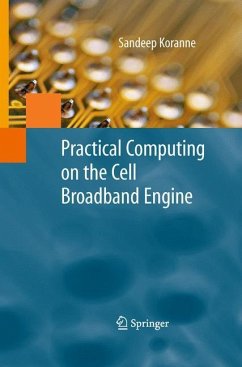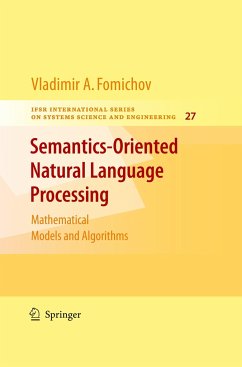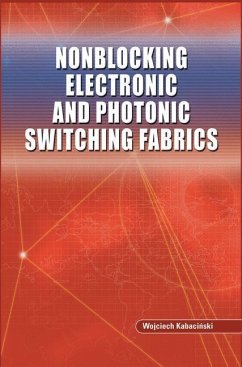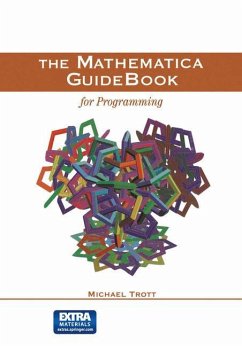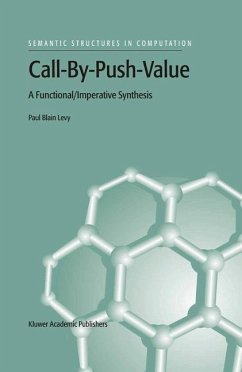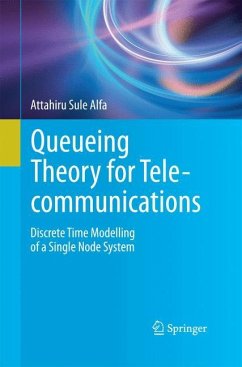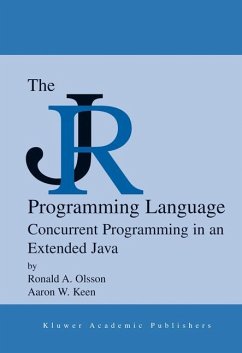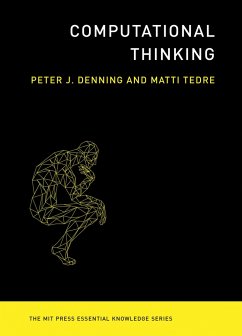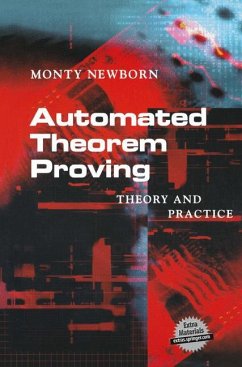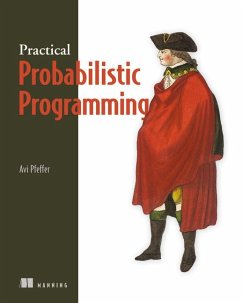
The P=NP Question and Gödel's Lost Letter
Versandkostenfrei!
Versandfertig in 6-10 Tagen
76,99 €
inkl. MwSt.
Weitere Ausgaben:

PAYBACK Punkte
38 °P sammeln!
? DoesP=NP. In just ?ve symbols Dick Karp -in 1972-captured one of the deepest and most important questions of all time. When he ?rst wrote his famous paper, I think it's fair to say he did not know the depth and importance of his question. Now over three decades later, we know P=NP is central to our understanding of compu- tion, it is a very hard problem, and its resolution will have potentially tremendous consequences. This book is a collection of some of the most popular posts from my blog- Godel ¨ Lost Letter andP=NP-which I started in early 2009. The main thrust of the blog, especially w...
? DoesP=NP. In just ?ve symbols Dick Karp -in 1972-captured one of the deepest and most important questions of all time. When he ?rst wrote his famous paper, I think it's fair to say he did not know the depth and importance of his question. Now over three decades later, we know P=NP is central to our understanding of compu- tion, it is a very hard problem, and its resolution will have potentially tremendous consequences. This book is a collection of some of the most popular posts from my blog- Godel ¨ Lost Letter andP=NP-which I started in early 2009. The main thrust of the blog, especially when I started, was to explore various aspects of computational complexity around the famousP=NP question. As I published posts I branched out and covered additional material, sometimes a timely event, sometimes a fun idea, sometimes a new result, and sometimes an old result. I have always tried to make the posts readable by a wide audience, and I believe I have succeeded in doing this.




